According to regulations of Hanoi People's Committee, the level of tuition fees is agreed in writing between parents and the school, ensuring that it is suitable for local conditions and does not exceed the maximum ceiling as prescribed.
Specifically, the secondary school tuition ranges from 6,000 VND to 26,000 VND/student/class period, depending on the number of students/class.
High school tuition ranges from 7,000 VND to 32,000 VND/student/lesson.
Details of maximum collection levels are as follows:
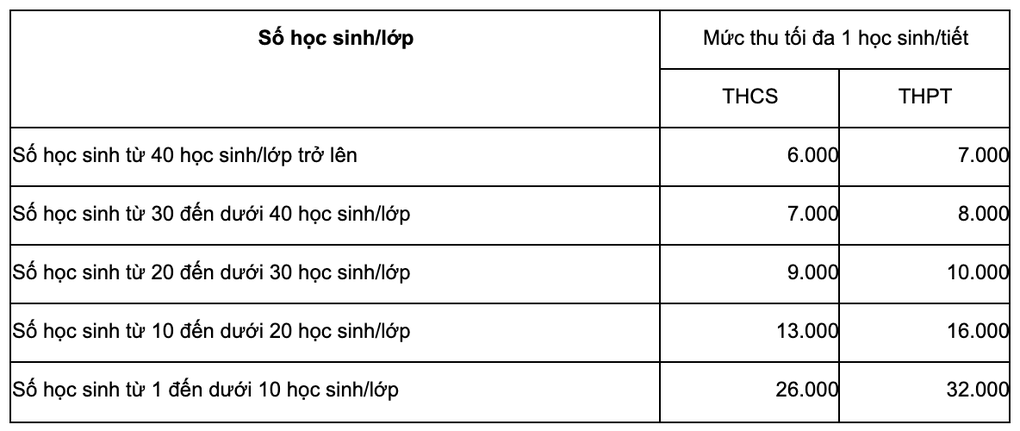
Maximum tuition fee according to regulations in Hanoi (Screenshot).
70% of the school's extra-curricular tuition fees will be used to pay for teachers' salaries, 15% will be used to pay for the school's extra-curricular management, and 15% will be used to support the costs of electricity, water, sanitation, and repair of facilities for extra-curricular teaching and learning.
Extra-curricular teachers are not allowed to directly collect or spend money for extra-curricular classes. The level of expenditure and the allocation rate must be approved by the school's education council and specifically stipulated in the unit's annual internal spending regulations.
Extra teaching and learning in schools is not organized at the primary level.
In addition, according to the Resolution stipulating tuition fees for public preschool and general education institutions in the area from the 2023-2024 school year, extracurricular educational services and cultural subjects directly implemented by schools are 15,000 VND/student/teaching period.
The Resolution also stipulates the fee for other educational support services such as wave skill education activities at 15,000 VND/lesson, and 2-session/day study services at secondary school level at 235,000 VND/month.
Details of the fees are as follows:
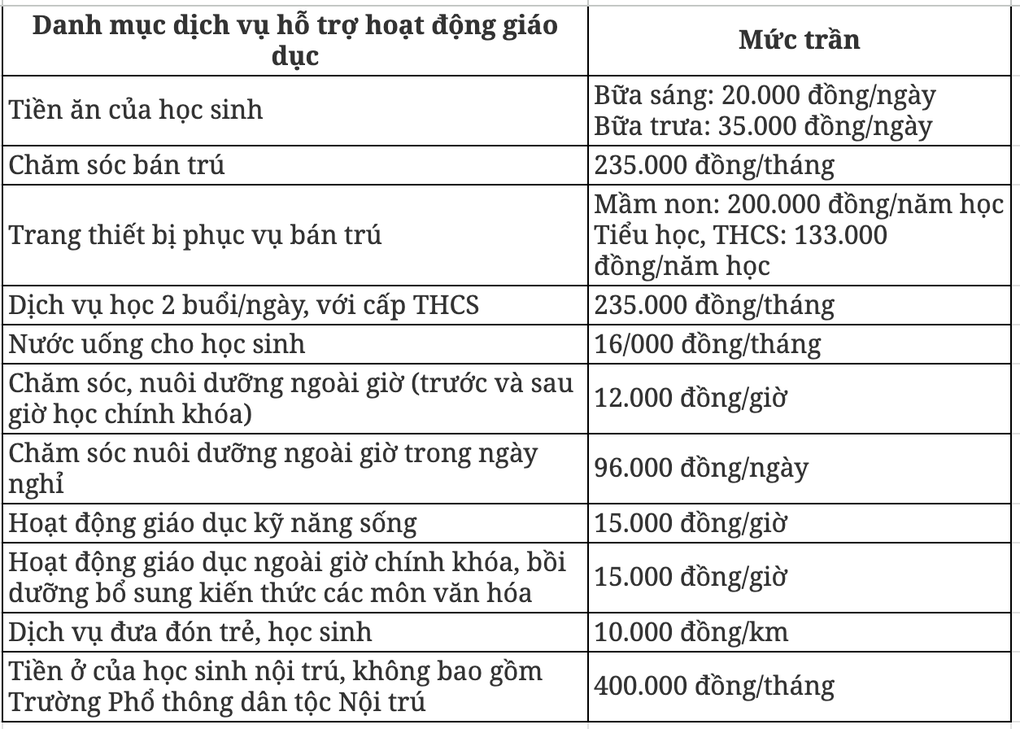
According to the draft Circular on regulations on extra teaching and learning recently publicly solicited for comments by the Ministry of Education and Training, the total teaching and learning time and organization of educational activities according to the school's educational plan and extra teaching and learning must not exceed 35 periods/week for primary school, not more than 42 periods/week for secondary school and not more than 48 periods/week for high school.
The school publicly announces the organization of extra teaching and learning, including objectives, content, duration, tuition fees, and a list of teachers teaching extra subjects so that students who wish to take extra classes can voluntarily register.
The draft also sets out five principles for extra teaching and learning. Accordingly, extra teaching and learning can only be organized when students have a need for extra learning, voluntarily take extra learning, and have their parents' consent.
Organizations and individuals organizing extra teaching and learning must not use any form to force students to take extra classes.
The content of extra teaching and learning must contribute to consolidating and improving knowledge, skills, and personality education of students; must not be contrary to the provisions of Vietnamese law, and must not contain prejudices about ethnicity, religion, occupation, gender, social status, customs and traditions of Vietnam.
The duration, time and location of extra teaching and learning must be suitable for the psychology and physiology of each age group, ensure the health of students, and comply with legal regulations on security, order, safety and environmental sanitation in areas where extra teaching and learning classes are held.
The principle emphasizes not to cut down on the content of the subject program in the school's education plan to include additional teaching and learning; not to teach additional content ahead of the distribution of the subject program in the school's education plan; not to use examples, questions, and exercises that have been taught or learned additionally to test and evaluate students.
Source: https://dantri.com.vn/giao-duc/truong-hoc-tai-ha-noi-duoc-thu-tien-hoc-them-bao-nhieu-20240920145010764.htm






























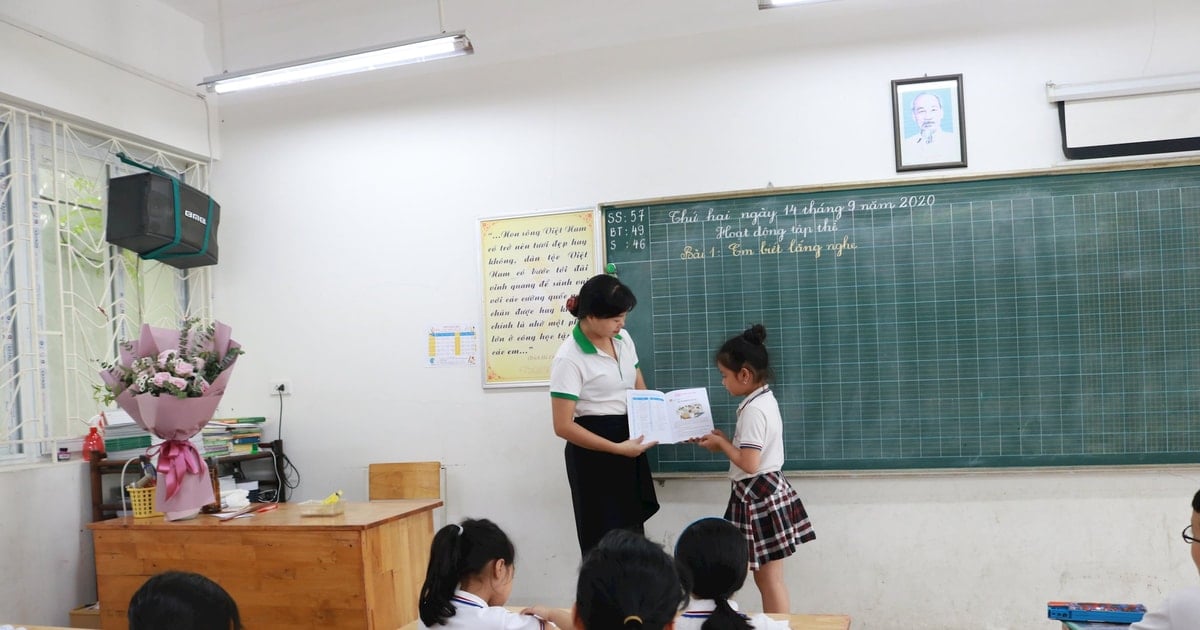

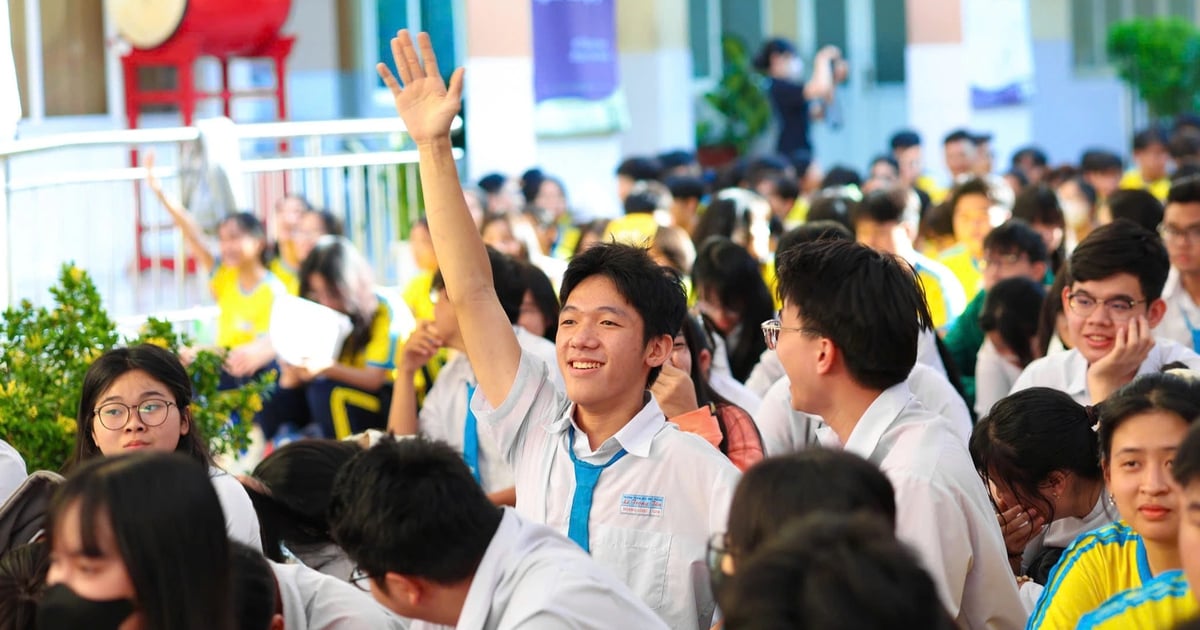

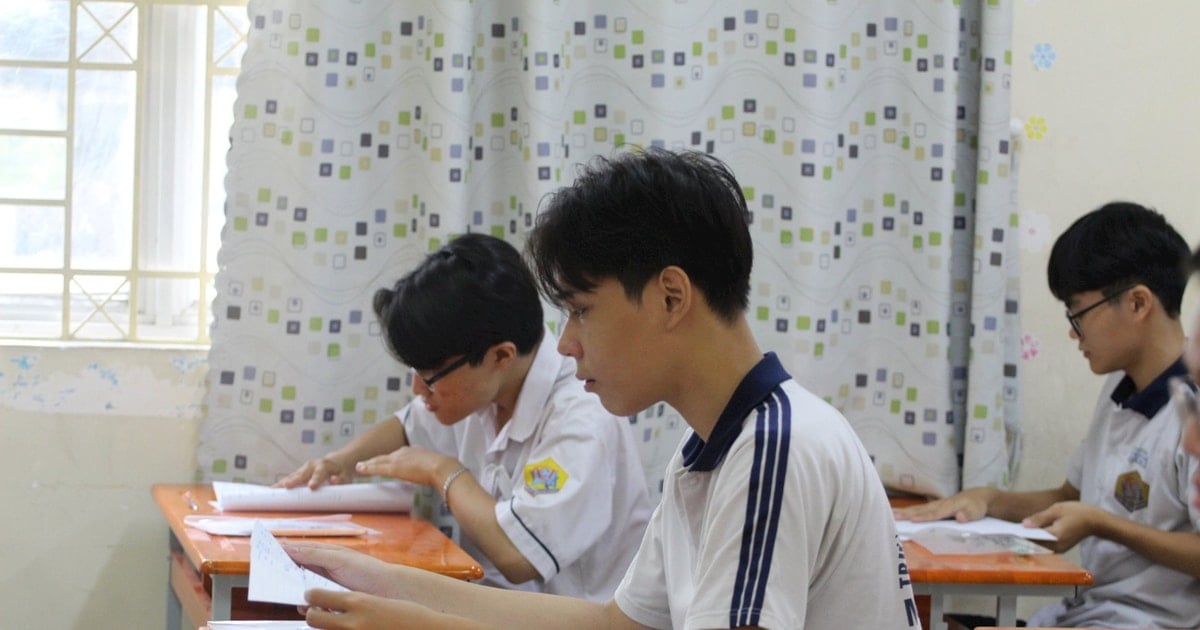
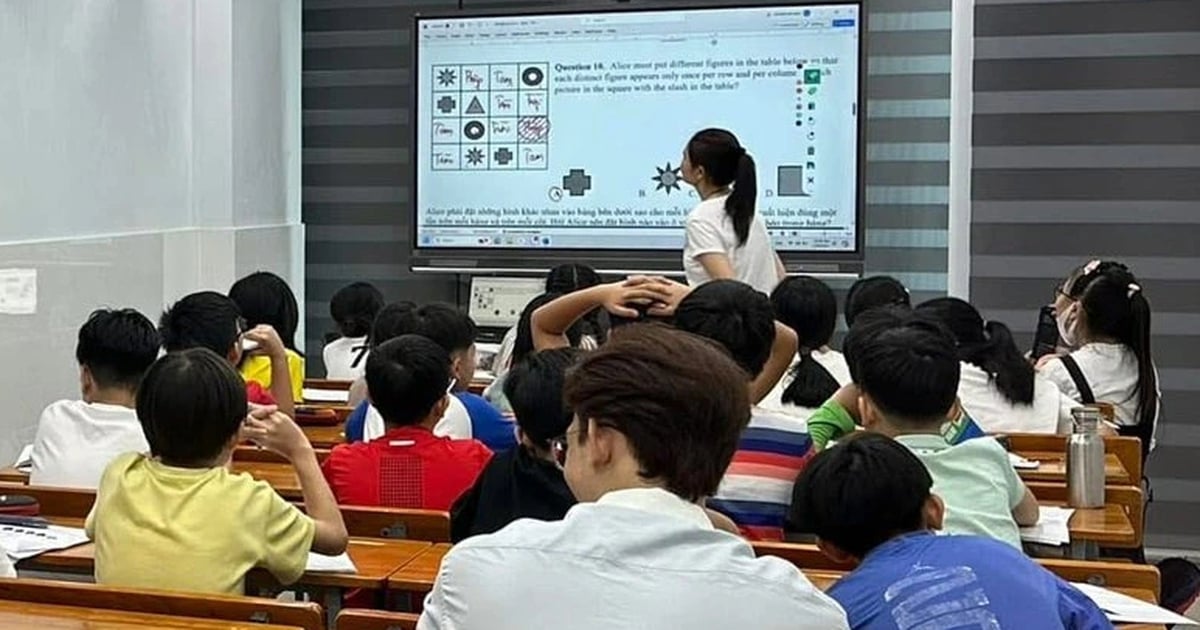
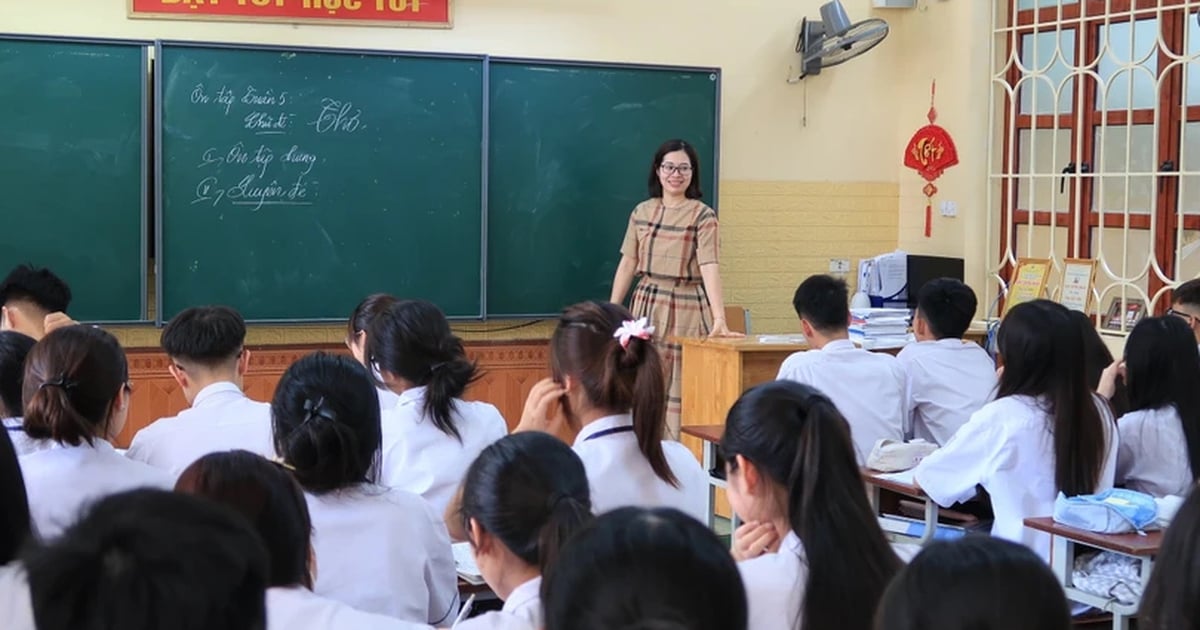
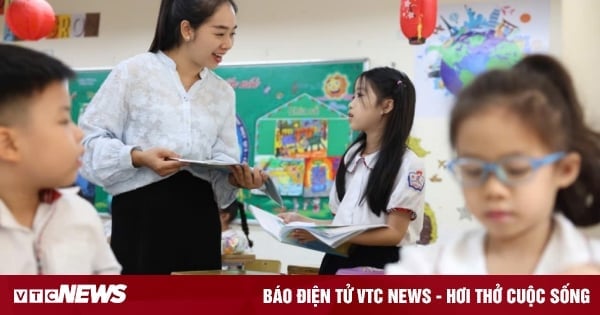



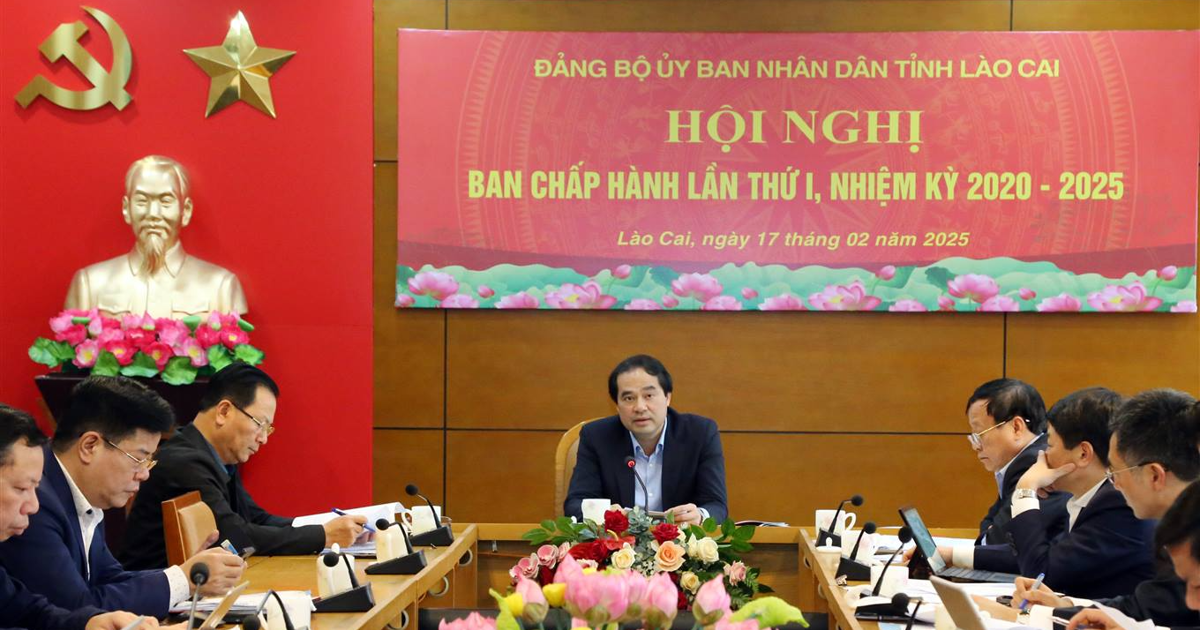

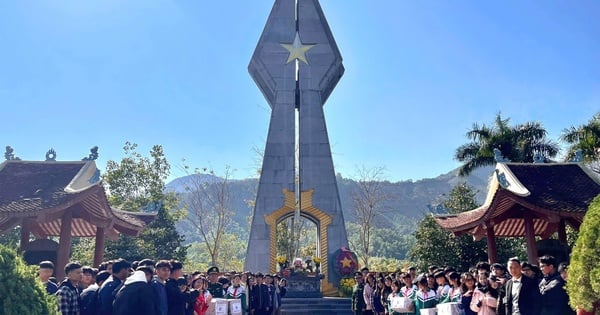

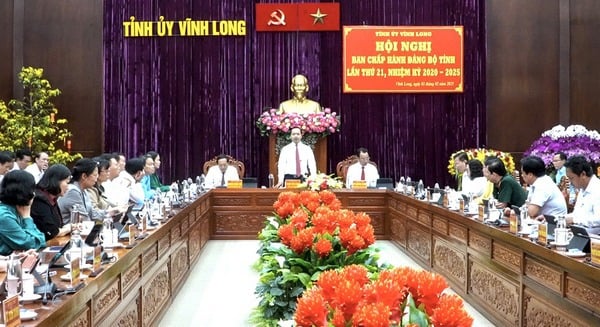
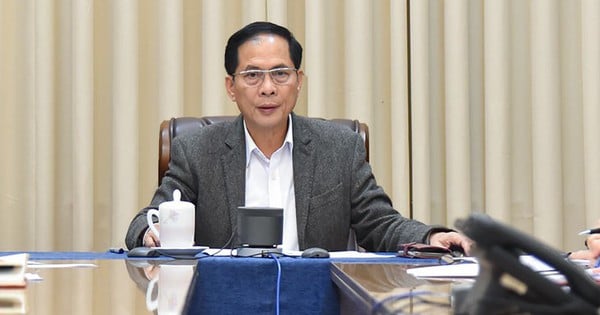





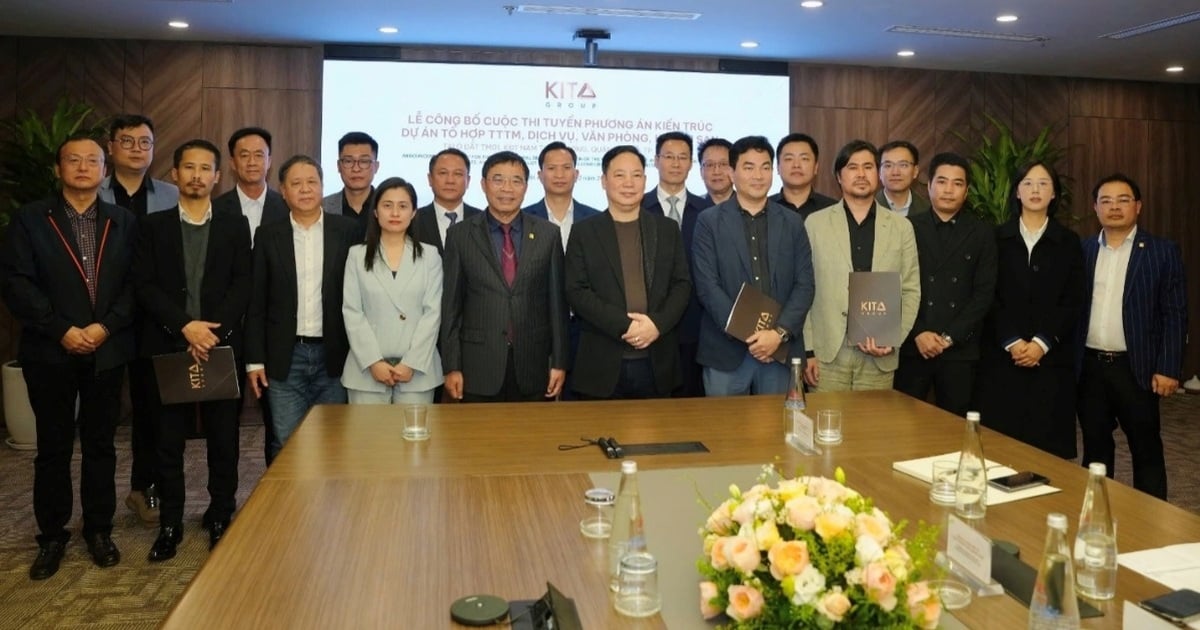


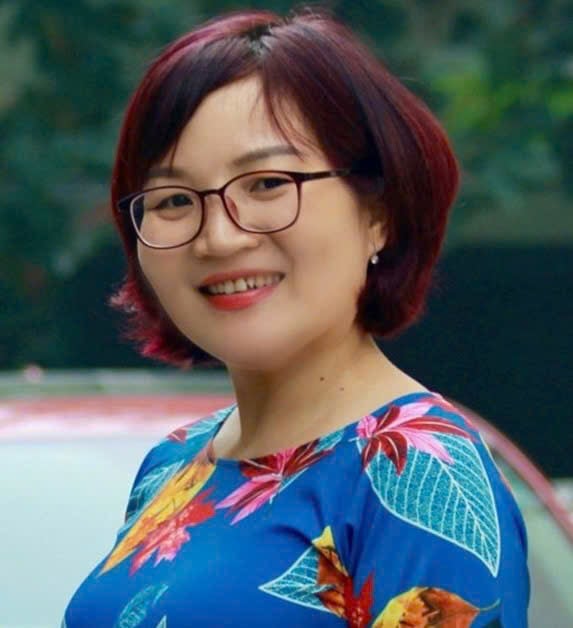



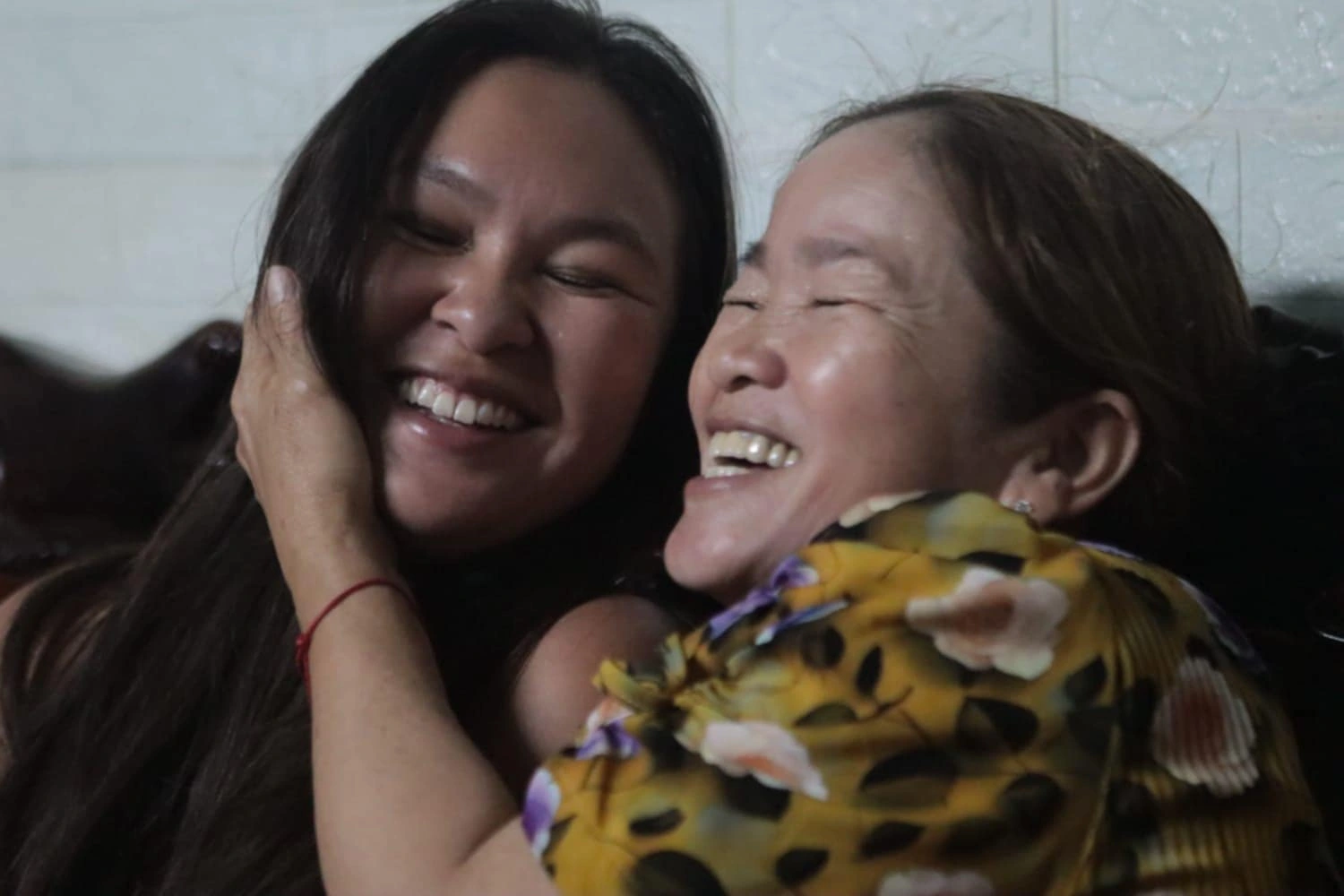
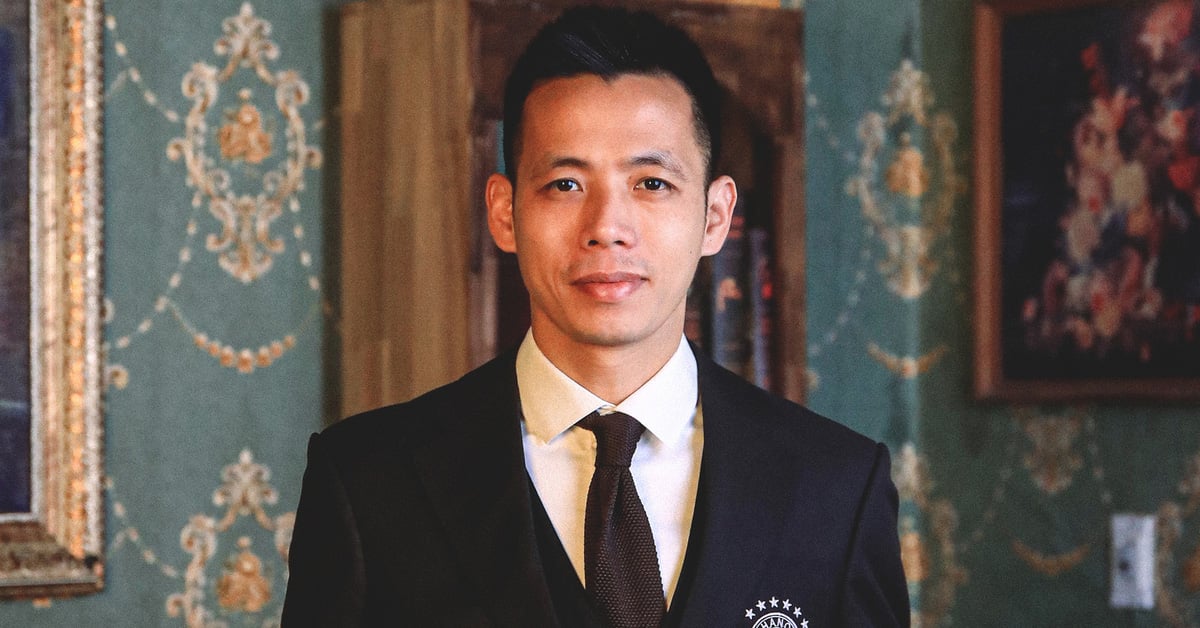




Comment (0)